Northlake Mall and the loop that won't let go
On the northeast side of Atlanta's Perimeter, where I-285 passes by Tucker, Northlake Mall still sits on its original spot.
The building is wide and low, set back behind old parking lots from the 1970s that were made for bigger crowds and busier weekends.
Macy's is still open at one end, its sign easy to see from the road that circles the mall. Inside, a few chain stores, repair counters, and small specialty shops still serve the people who come by, under skylights that were put in when polyester was new.
The mall started with a clear goal. When Northlake opened in 1971, it was DeKalb County's first mall with three large department stores: Davison's, Sears, and JCPenney, and for a while, it was the biggest indoor mall in metro Atlanta.
A movie theater next door, a cafeteria, ice cream shops, and a row of clothing stores made the eighty acres at LaVista, Briarcliff, and Henderson Mill a place people wanted to go.
The main stores have closed or changed names so many times that most people hardly remember them, the movie theater is gone, and the old Sears building now has Emory Healthcare offices and meeting rooms.
A Primrose preschool uses space that used to be for shopping, and new buildings stand along Briarcliff Road.
The mall that once gave people a whole day of shopping now sits unsure of what it will become, still easy to see from the highway, waiting to see what it will turn into next.
Northlake Mall and the week it ruled Georgia
On October 6, 1971, Northlake Mall opened with the kind of ceremony usually reserved for statehouses. Georgia's governor, Jimmy Carter, presided over the ribbon-cutting and went so far as to declare it "Northlake Mall Week" in the state.
It was a civic benediction for one million square feet of new retail on the northeast arc of Atlanta's perimeter.
The mall rose on roughly 80 acres in the Northlake community of northern DeKalb County, just off I-285, where LaVista Road, Henderson Mill Road, and Briarcliff Road converge.
It took its name from North Lake, a nearby body of water, and sat inside a larger 225-acre plan that also promised office space and a seventeen-acre lake.
The development was a multi-city collaboration: Atlanta's Frank Carter and Ewell Pope, Trammell Crow out of Dallas, and Monumental Properties from Baltimore.
The architecture firm Toombs, Amisano & Wells gave it the era's preferred mood of confident modernism. Inside, Davison's, Sears, and JCPenney formed DeKalb County's first three-anchor mall.
Davison's rose three levels and about 187,000 square feet. Sears, which had quietly opened in July of 1971, claimed 200,000 square feet on two levels.
JCPenney came in at about 179,000. Conspicuously absent was Rich's, held back to protect nearby North DeKalb Mall, which depended on it like a life raft.
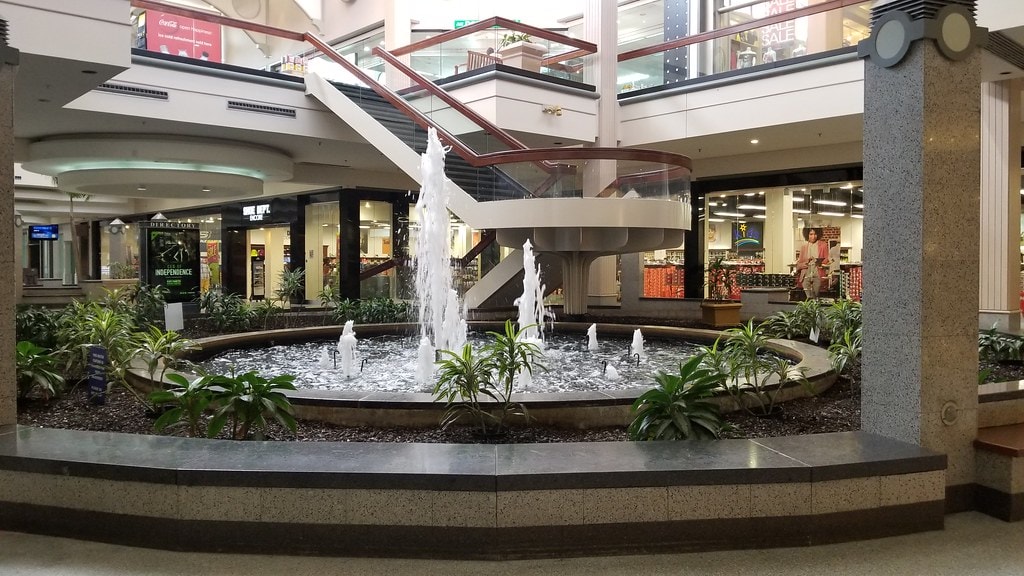
Tiles, fountains, Hot Pants, and the golden decade
Northlake Mall opened as the largest mall in metro Atlanta, a fully enclosed, two-level complex that felt less like a shopping center than a controlled environment.
Brown tiles, sun filtered through muted skylights, planted beds, and fountains produced a pleasant dimness that made the parking lots feel very far away.
The brutalist exterior, all concrete and angles, suggested that whatever happened to the outside world, the inside would remain seventy-two degrees and softly lit.
The tenant list read like a cross-section of American aspiration and kitsch.
There were ninety-seven fully leased stores and services: Hickory Farms of Ohio and Baskin Robbins for edible comfort; Lerner Shops, Brooks Fashions, Butler Shoes, Florsheim, The Limited, and Merry Go Round for the newly affluent; Muse's, J. P. Allen, and Mori Luggage & Gifts for people going somewhere; Spencer Gifts, Wicks N Sticks, Record Bar, and Zachry for those who preferred to stay put and browse.
Thom McAn Shoes and Allen & Bean Magnavox held down the practical side.
El Chico brought Tex-Mex, Piccadilly Cafeteria fed the loyalists, and Farrell's Ice Cream Parlour fueled birthdays. Frederick's of Hollywood lurked for the adventurous.
A boutique named Hot Pants of Northlake Mall announced, not subtly, that this was the 1970s.
In 1976, a freestanding General Cinema outparcel, Northlake Mall Cinemas I-II-III, began showing films, sharpening the site into an all-day experience.
DeKalb County was prosperous and growing, and nearby Columbia/Avondale Mall found itself slowly choked of customers by Northlake's gravitational pull.
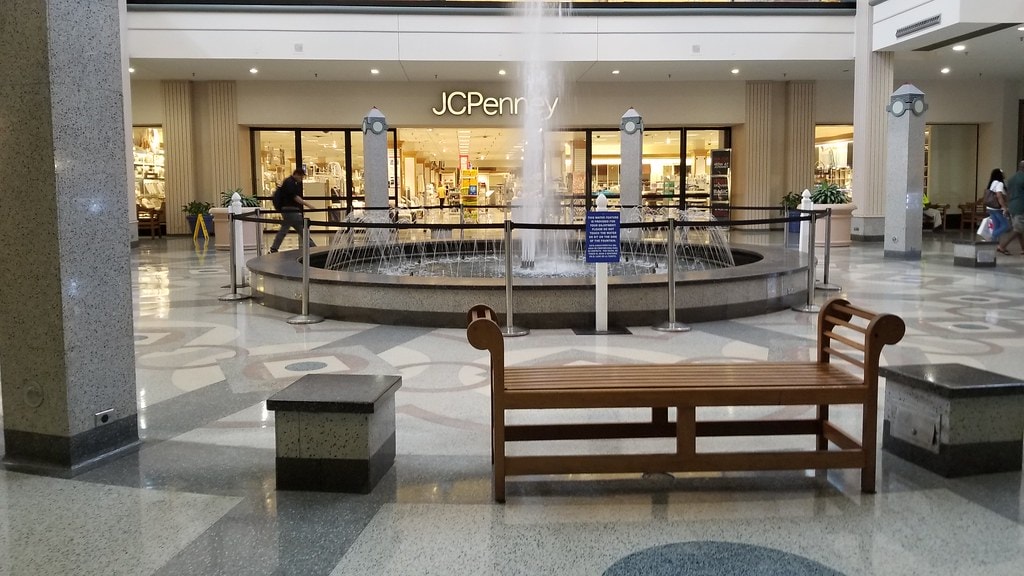
Food courts, time warps, and postmodern cures
By May 1984, the American mall was fully into its food-court era, and Northlake followed suit with a nine-bay installation along its northwest entrance corridor.
The timing was not entirely fortunate.
That same year, Gwinnett Place Mall opened to the northeast with its own array of department stores: Rich's, Davison's, Sears, and Mervyn's, essentially matching Northlake's lineup and adding a fresh sheen.
Growth was flowing toward south Gwinnett County. Northlake Mall remained the dominant mall for its immediate area, but it began to lose the sense that the future automatically belonged to it.
Locals would later describe it as entering a kind of time warp that it never really escaped.
The first major attempt to jolt it awake arrived in April 1987, when work began on a multi-million-dollar renovation.
The front façade and main entrance were remade, and the interior was dressed up in a Postmodern motif with Italianate touches, as if the mall were trying on European affectations after a long decade in brown tile.
Center Court received a clock-tower elevator, an improbable glass column of motion amid the planters.
The restaurant area was restaged and branded "Food Allee." The court in front of what was by then a Macy's was redone as a tropical jungle, all greenery and theatricality.
When the remodel was rededicated in November 1987, Northlake Mall boasted 115 stores and an air, however brief, of renewal.
Food Gardens, Parisians, and the long 1990s
Northlake Mall's owners spent the early 1990s trying to keep up appearances.
In 1992, they pushed outward, enlarging the southwest and northwest corners and building a twelve-bay "Food Garden" adjacent to the west side of JCPenney, which opened in October of that year.
A second entrance on the lower level created a more direct path between the food court and Penney's, a reminder that feeding people and steering their circulation were increasingly the same task.
A broader renovation followed in 1993. New flooring was laid; some of the original fountains were removed; yet another exterior entrance was carved out.
The Piccadilly Cafeteria and the J. G. McCrory five-and-dime, once stalwarts, gave way to a new 100,000-square-foot, two-level Parisian department store, built out of gutted mall space and a 52,000-square-foot expansion.
Parisian was officially dedicated in November 1994, pushing Northlake's leasable area to roughly 1,063,000 square feet and restoring, for a moment, the sense that the mall could still attract fashion-forward anchors.
Meanwhile, the original Davison's space continued its journey through the consolidation machine.
In early 1985, it became Davison's-Macy's, and by November of that year, it was simply Macy's, an early sign of how national chains were washing out regional identities.
In 2003, it was rebadged as Rich's-Macy's, then in 2005, after another round of corporate rationalization, the store name settled back to plain Macy's.
The building stayed put while its signage cycled through the department-store afterlife.
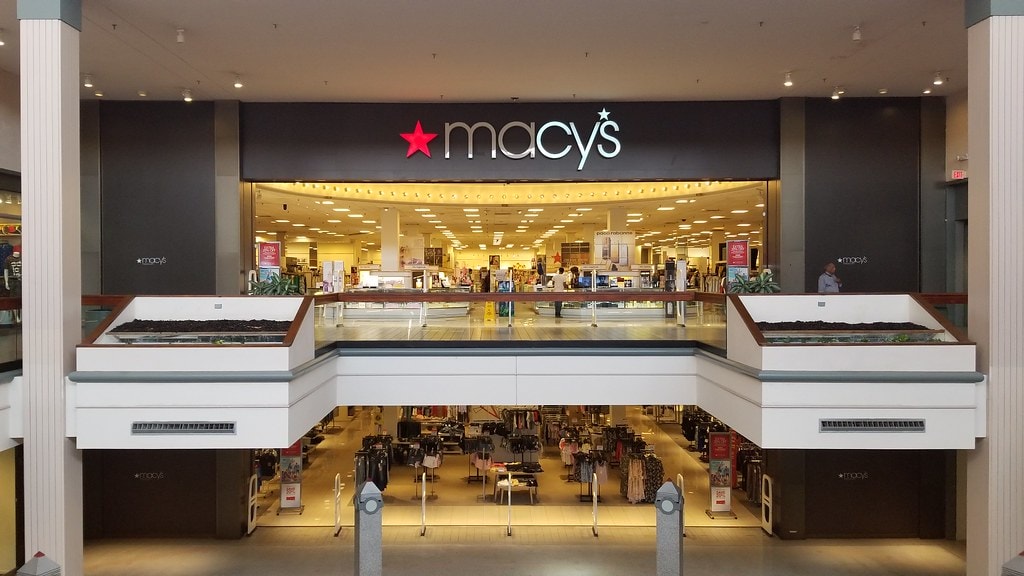
Grade B labels, falling anchors, stubborn land
Corporate strategy caught up with Northlake Mall in the late 1990s. In 1998, Simon Property Group acquired the assets of Corporate Property Investors, taking in twenty-three shopping centers, including Northlake.
The deal also gave Simon trophy properties such as Lenox Square in Atlanta, Roosevelt Field on Long Island, and South Shore Plaza in Massachusetts.
Northlake Mall was, frankly, not that.
It sat at one of Atlanta's busiest loops, with nearly 200,000 vehicles a day skimming past and more than 300,000 residents within a five-mile radius, but it was already being outshone by both older prestige malls and newer, lifestyle-flavored competitors.
Old Navy arrived in September 2000 with a 24,700-square-foot store, a brand that signaled mass-market relevance but not necessarily luxury.
By May 2014, Simon took the hint of what Northlake Mall had become and spun it, along with forty-three other "Grade B" malls, into a separate real estate investment trust, Washington Prime Group.
On the ground, the slow unravelling continued. Parisian closed in June 2007. Kohl's opened in the former Parisian space in 2008, then shut its doors in June 2016.
Sears, which had been there since that summer day in 1971, closed in September 2018.
JCPenney, the other founding anchor, closed in 2020.
In the middle of this, in February 2016, Dallas-based ATR Corinth Partners bought Forest Mall (WI) and Northlake Mall together for roughly $30 million, inheriting a set of anchors - Kohl's, Sears, JCPenney, Macy's - that were all, in their own ways, struggling as national chains.
ATR later acquired the old Sears building outright in November 2017, effectively owning the very voids that the department-store collapse had created.

Emory Healthcare turns the mall into a workplace
What finally changed Northlake's direction was not another store idea but the arrival of healthcare and office work.
In October 2019, Emory Healthcare rented the empty Sears space along with about 25,000 square feet of unused space inside.
Over the next two years, about $30 million was spent tearing out and rebuilding the area as the Emory Healthcare Northlake Office Complex.
By late 2021, as the mall turned fifty years old, the old department store was home to Emory office groups: Emory HealthConnection, the Emory Healthcare Network, and the Office of Risk & Insurance Services, among others.
The building was made to fit more than 1,600 workers, turning what used to be areas for appliances and tools into cubicles, call centers, meeting rooms, and places to track risks.
As the main shopping area shrank, some stores left while others remained. Foot Locker stayed, but combined its locations. GNC also stayed.
Phone-repair stands and small service businesses continued operating. Stamp & Coin, a longtime mall tenant, kept selling collectibles and currency even as business slowed.
In 2024, the owner planned to move the shop closer to the front near LensCrafters.
A CDC Federal Credit Union branch was built on a separate part of the land.
In June 2024, the city approved a special permit for a Jim' N Nick's Bar-B-Q with two drive-through lanes facing Briarcliff Road, another bet that the real action was now on the street edge rather than along the old tiled promenades.
Macy's, Primrose, and the strange half-life of retail
Through all this, Macy's stayed. In 2024, as the company started its "Bold New Chapter" changes, people began to assume Northlake's store would close by early 2025.
The property was put up for sale, and the mall's last big store seemed ready to leave like the others.
But when Macy's shared its official list of sixty-six store closures in January 2025, the Northlake Mall location was not on it.
Company messages did not mention it, and by late 2025, the store is still open, with normal hours and departments.
If Macy's feels like something unfinished, other parts of the new setup are easier to understand.
In November 2024, the Primrose School at Emory Healthcare - Northlake Campus opened in about 13,000 square feet on site, with eleven classrooms and playgrounds for different ages.
It is a workplace-supported early learning center for more than 175 children, with lower tuition for eligible Emory employees.
Northlake Mall has not been completely changed in the usual sense of the word. It is now simply called a mixed-use development: part office park, part old mall, part childcare center, surrounded by restaurants and banks.
Apartments, backlash, and an unfinished script
By 2025, the conversation around Northlake Mall has shifted from what stores might open to what will rise where the stores once stood.
In June, ATR Corinth Partners and Trammell Crow floated a concept to remake the site as housing: 495 units in two five-story buildings, built in phases of 315 and then 180.
Green spaces and trails would run between them; parts of the mall would be demolished, the rest reinvented. The plan was cast as a first step in a planned-unit development.
In mid-September, a concrete proposal appeared: a 505-unit complex on eleven acres at the former JCPenney site. The five-story building would devote 65 percent of its units to studios and one-bedrooms.
It promised a park and a "boulevard and urban" feel but required a special land-use permit to lift Northlake's cap from 21 to about 48 units per acre.
Neighbors from Northlake Condominiums have mounted resistance, citing traffic, school capacity, aging infrastructure, property values, and the health of North Lake.
Northlake Mall in late 2025 is both relic and test case: a hollowed-out regional center with one department store, a healthcare complex, a preschool, a few retailers, and apartments that still exist only in PowerPoint.

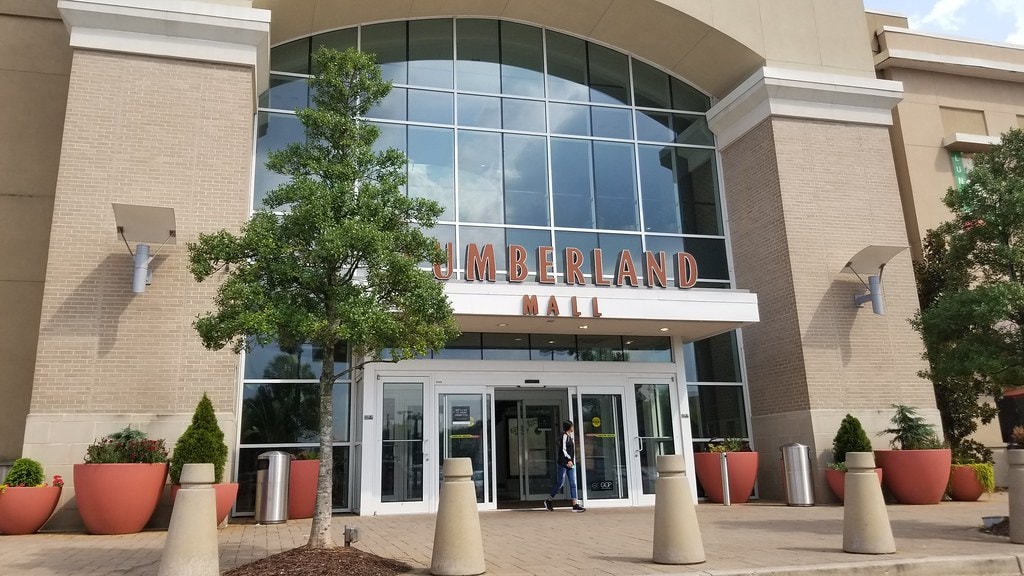
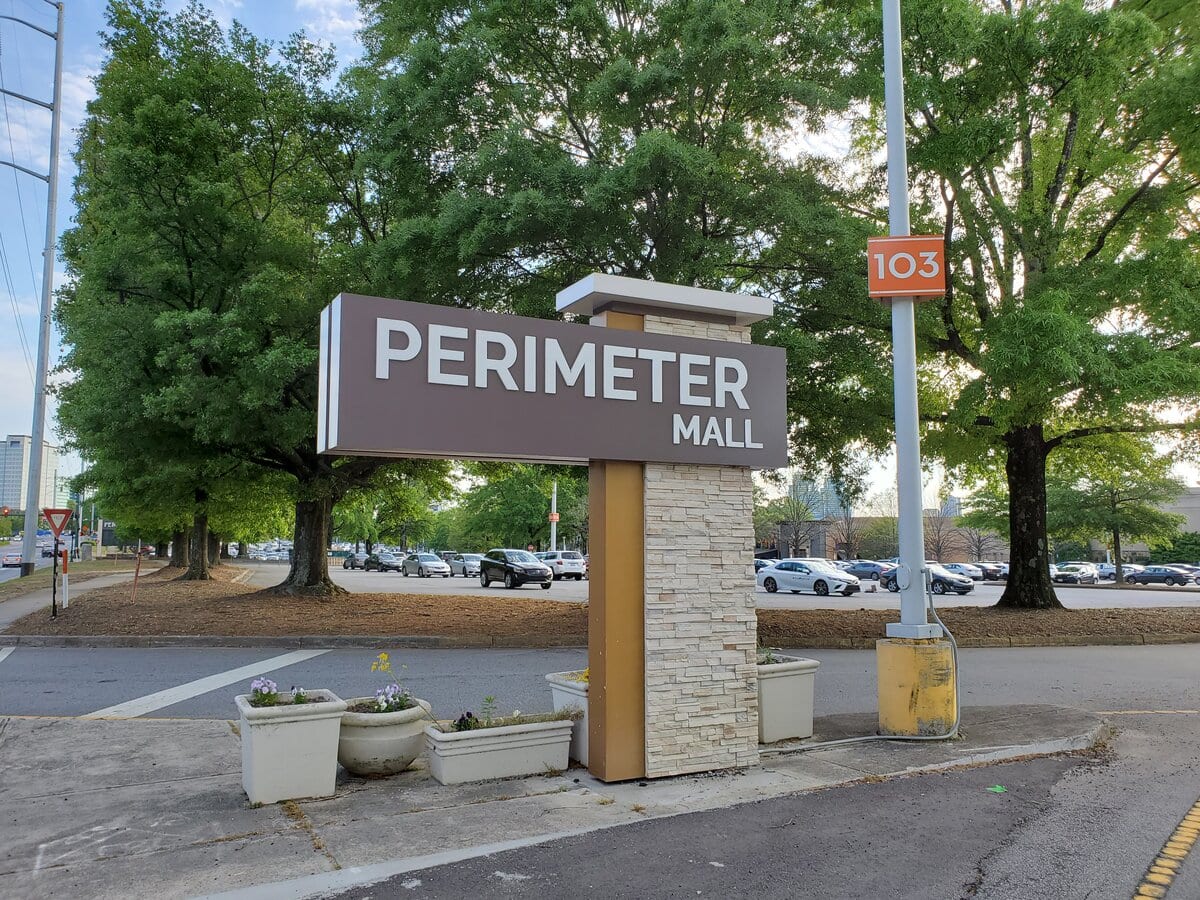
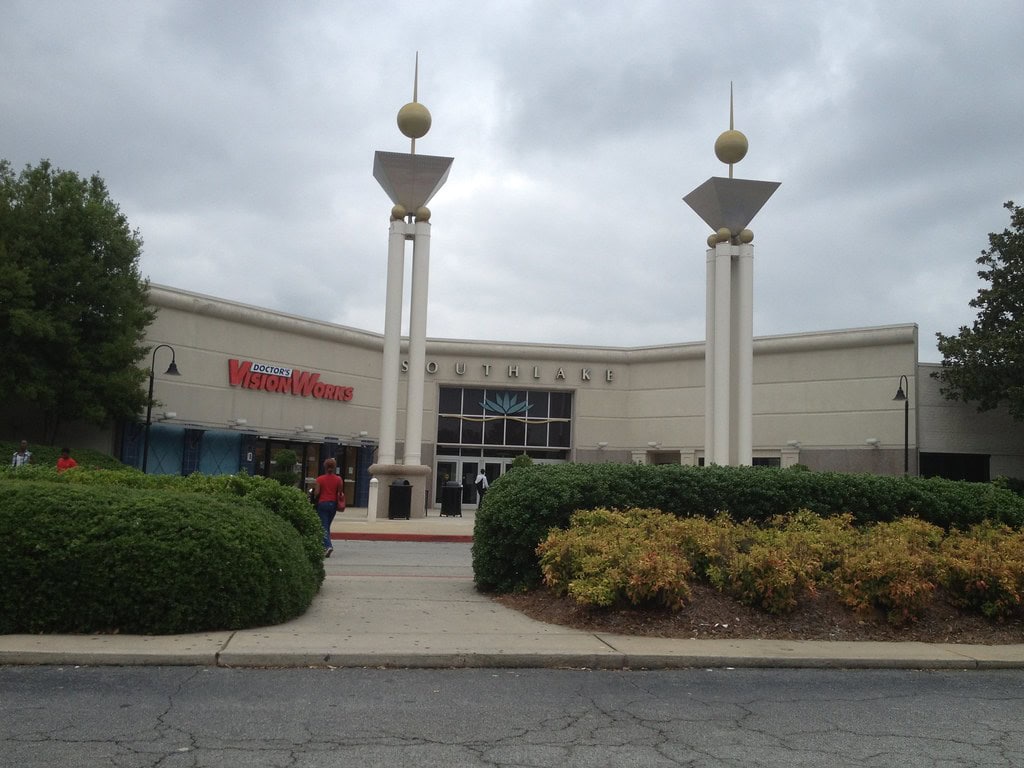
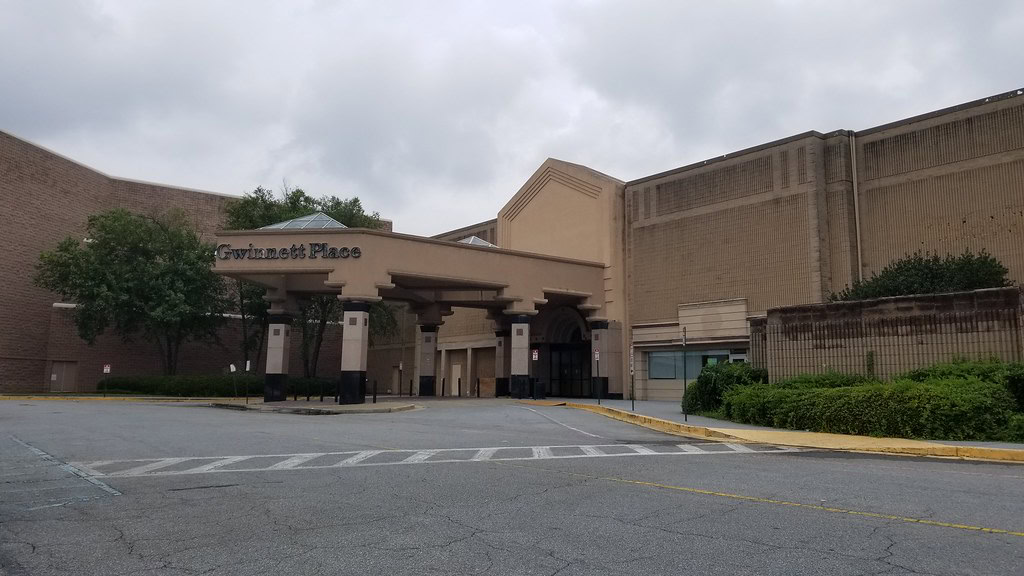
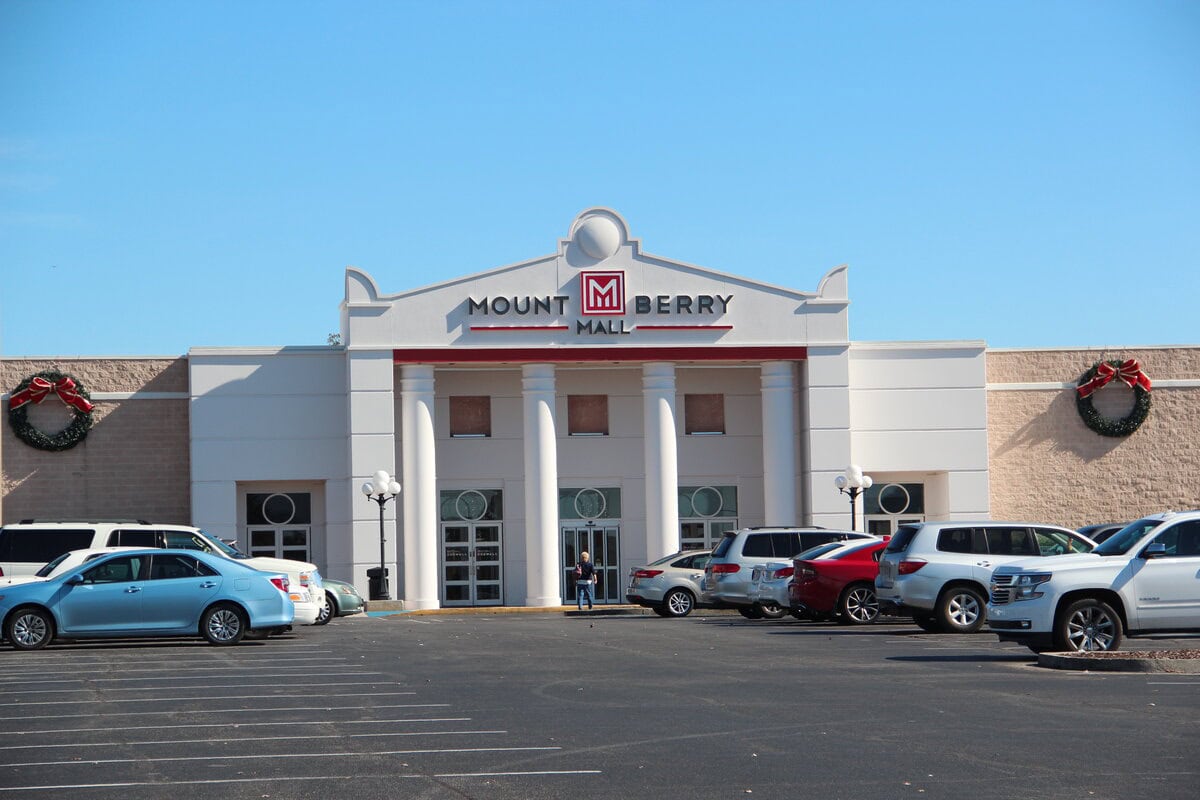
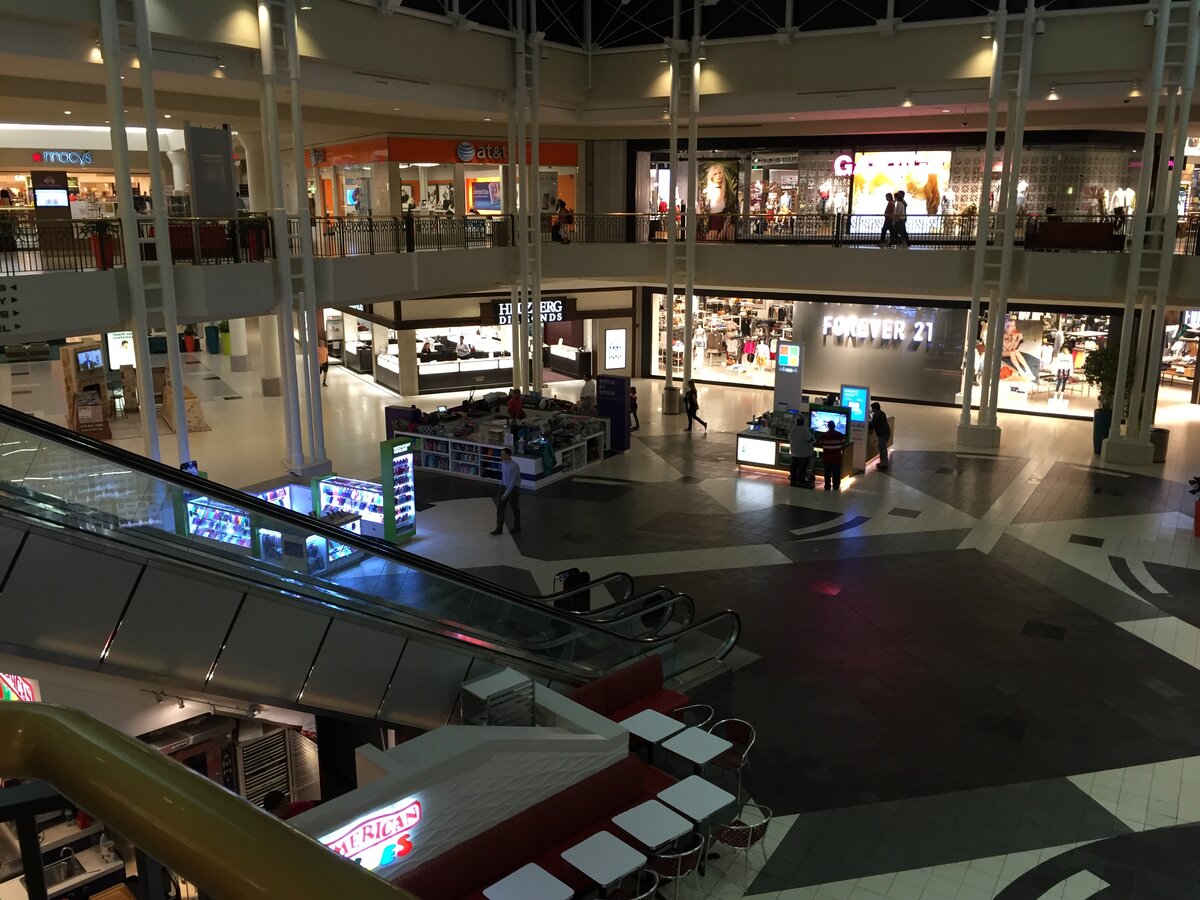
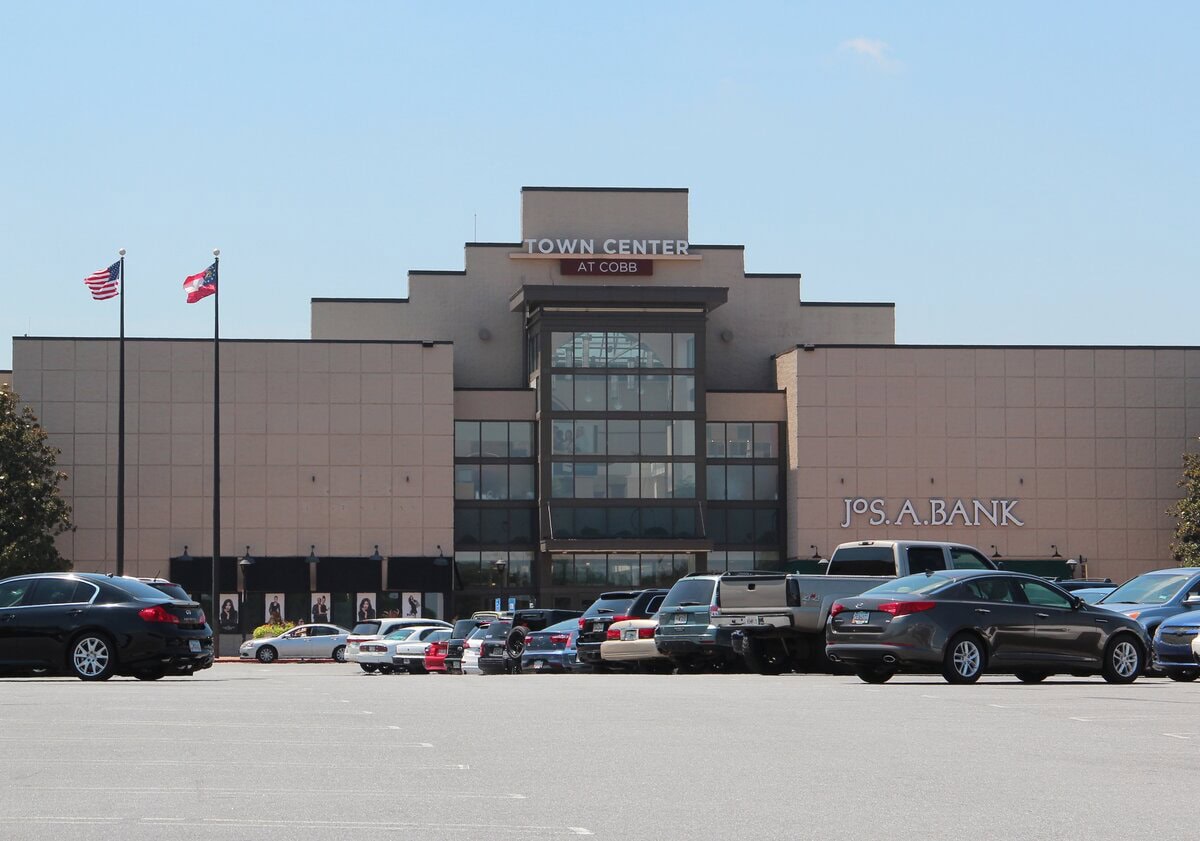
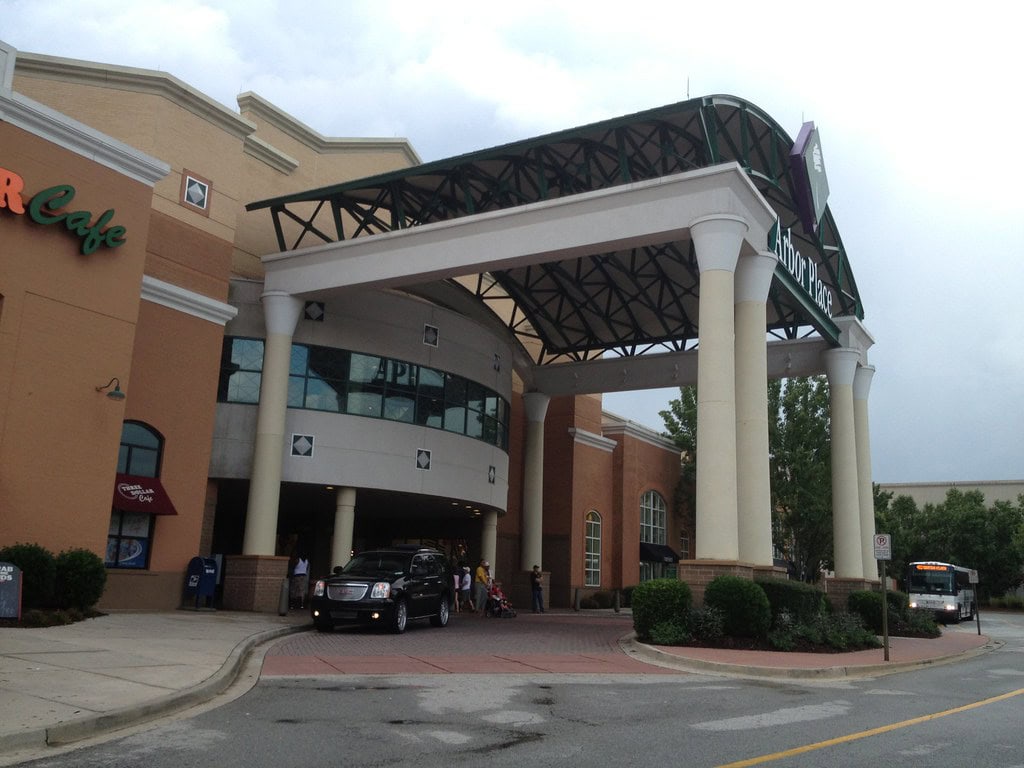
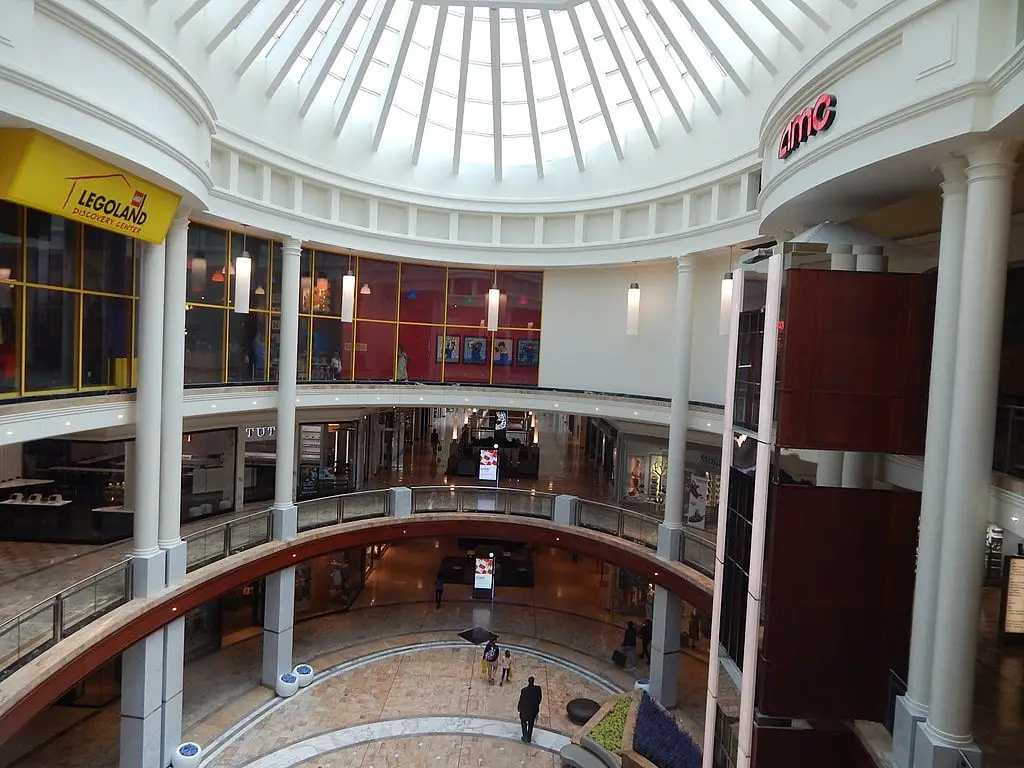
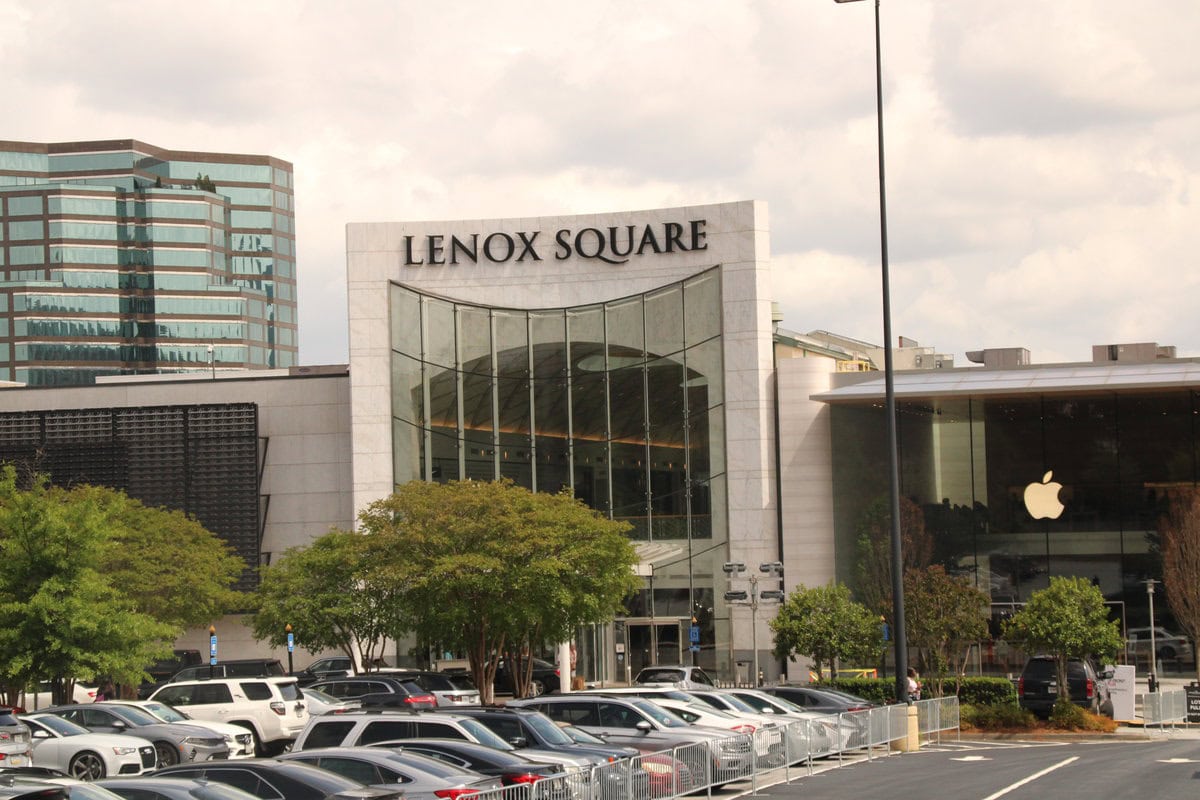
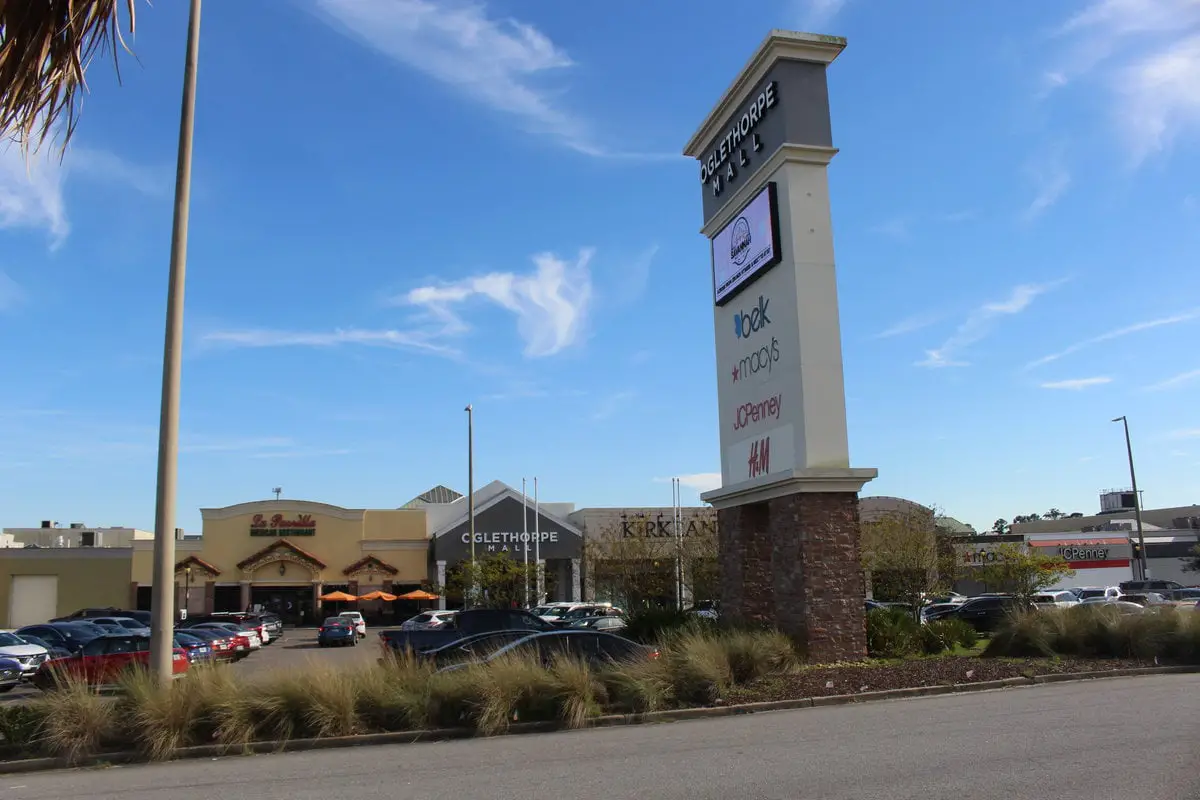
Good article, sad but true. Emory hasn't added anything to this property business-wise or aesthetically. It is a dark, foreboding dungeon-looking place allowed to deteriorate. At best, it is now a testament to decay and neglect. A set for a horror movie.
Compare this to the planned redevelopment of nearby North Dekalb Mall: Bright future with luxury hotel, upscale dining, residential units, needed services and intelligent, visionary planning.
Thank you for sharing your perspective on Northlake Mall. Your observations and comparisons provide food for thought. It's an important conversation for the community.